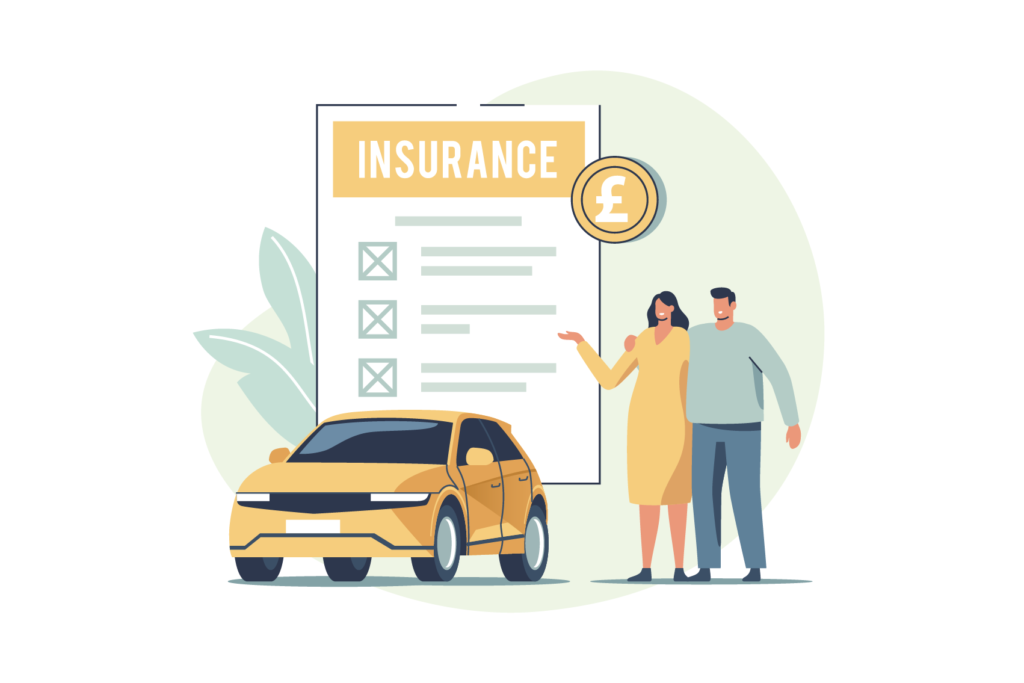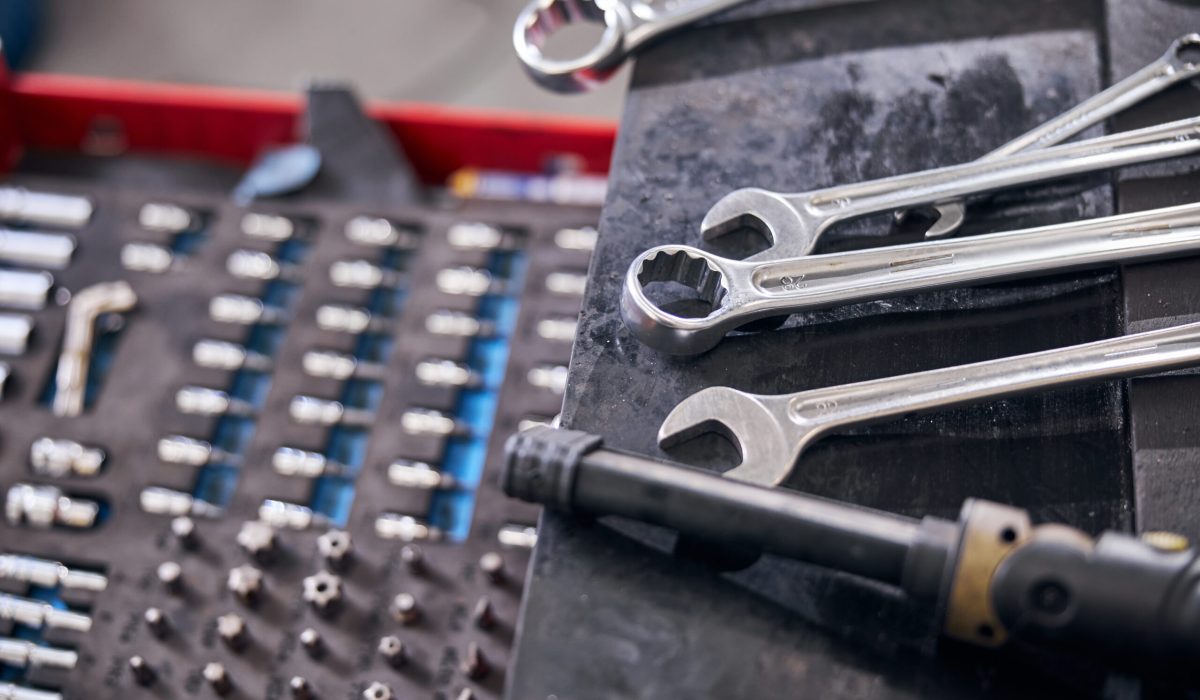Kit cars can represent the ultimate expression of individuality to car fans, built in the exact specification of the discerning owner.
With a unique blend of craftsmanship and customization, kit cars have carved out a rather marmite niche within the car industry.
Whether you are a current owner, or thinking about either buying a kit car or even building one yourself, you are probably wondering whether kit cars are cheap to insure?
In this detailed guide, we will cover the different factors that will influence the cost of kit car insurance in the UK.
What are kit cars?
Before delving into the specifics of kit car insurance, a variety of car insurance, it is important to have a clear idea what constitutes a kit car and what doesn’t.
Kit cars, occasionally referred to as self-build cars, are vehicles that have been assembled using a kit of pre-manufactured parts.
There is a misconception that kit cars are built only by enthusiasts in sheds, however it is possible to build a professionally-built kit car from the experts.
Whilst the kits often include many pre-manufactured parts, there is a wide scope for variety between key components such as the engine, chassis and running gear.
Kit cars are often modeled to replicate, or at the very least be inspired by classic cars that are now valued far beyond the reach of the majority of car enthusiasts.
Factors that influence the cost of Kit Car Insurance
Value of the vehicle
The total value of the kit car is a pivotal factor which will influence the insurance premiums.
Higher-value kits will attract higher insurance costs due to the increased financial risks to the insurer in the case of a total loss or significant damage.
Deducing the value of the kit car is often more difficult compared to asserting the cost of a conventionally manufactured vehicle, often because the specifications can vary so significantly even between similarly-manufactured kit cars. Standard cars fit into one of 50 car insurance groups in the UK; kit cars generally do not fit into any of these categories.
Therefore, it is highly likely that you will need to consult a specialist kit car insurer to ascertain a fair and reasonable kit car insurance price. Luckily, you can find those here on Pricepoint Compare.
Performance and modifications
The build and modification specification of the kit car will have a significant impact on the cost of the premium.
Even for kit cars that visually resemble one another, there could be significant variation between the powertrains underneath the bonnet. For example, the different engines available in the Raptor Sports Car range include:
- Mazda-derived 1800cc 140bhp
- Mazda-derived 1800cc 180bhp
- 1600cc Ecoboost 235bhp
- 1600cc Ecoboost 300bhp
- 2000cc Duratec 260bhp
- 2500cc Duratec 305bhp
- 998cc Yamaha R1 190bhp
- 1340cc Kawasaki 210bhp
- 1600cc Ecoboost 380bhp
Whilst opting for a higher performance kit car may be appealing, expect this to come with higher kit car insurance premium costs due to the associated increased risks of faster speeds and enhanced capabilities.
Type of Kit Car
Whilst all kit cars are unique, there are broader categories that they can fit into. Whether your kit car is a contemporary build, a high-performance model or even a vintage kit car will have an influence on the premium you should expect to pay.
Experience of the Driver
As with all types of car insurance, you as the driver will be a key factor in determining the price you should expect to pay for your kit car insurance.
Insurers will often consider the age and experience of the driver, as well as your history of claims, charges and accidents. Kit car owners with a clean driving record will likely benefit from lower premiums compared to either inexperienced drivers or drivers with a less-than-spotless driving record.
Security and Safety
You can aim to reduce the cost of your kit car insurance by implementing robust security measures, both within the car and also in how you store and access the vehicle.
By using security measures such as alarms, immobilizers and tracking systems, you can positively impact your insurance premium. This is because these measures can help to reduce the risk of theft or damage, making the kit car a lower-risk proposition for the insurer.
Similarly, if the kit car is locked inside a garage or on a private driveway, this could be rewarded with lower premiums compared to if the vehicle is left on a public road. Vehicles kept securely in garages are considered less susceptible to theft.

Insurance Provider and Policy Type
The choice of insurance provider, the level of coverage and the type of policy will have a significant impact on the cost of your kit car insurance.
Kit Car Insurance FAQs
Is it expensive to insure a kit car?
Kit cars genuinely do not fit into the standard 50 car insurance groups that conventionally-manufactured cars are assigned to in the UK.
Therefore, the cost of kit car insurance is harder to predict. There are certain factors that will make kit car insurance more expensive, such as a more powerful engine or a less secure vehicle.
Do kit cars need insurance whilst being built?
In the UK, you do not need insurance for your kit car whilst it is still in the project stage of being built.
Kit car insurance is only needed when you are going to drive the car on the public highways. However, many kit car builders decide to insure their vehicle with build-up insurance to cover against fire, theft and damage while the car is being put together.
Can you insure a car that you have built yourself?
You can insure a car you have built, however the vehicle will have to pass the Individual Vehicle Approval (IVA) test from the DVLA to ensure that it is roadworthy.
After the kit car has passed the IVA, you will then need to register for a number plate and then you can register for insurance road tax.
Do you need specialist kit car insurance?
The majority of kit cars do require specialist kit car insurance in the UK, because they will not fall into one of the standard 50 insurance categories used for vehicles.
As a result, you will often not be able to compare kit car insurance on many other comparison sites. However, you can compare kit car insurance using Price Point Compare!
What does kit car insurance cover?
Kit car insurance policies can include the basic benefits that are included in a standard car insurance policy, including fire, theft and third-party damage insurance policies.
However, more specialist kit car insurance policies can include comprehensive cover for the following:
- Agreed value – if your car is stolen or written off in an accident, some policies will pay out an agreed value. This is different to standard car insurance, which will pay the perceived market value of the car. Agreed value can take into consideration the time, effort and expense that has been put into the vehicle, as well as the rarity.
- Goods in transit cover – this is to cover your vehicle whilst you are picking it up or having it sent from the manufacturer
- Spare parts protection – in the event of theft, your spare parts could be covered
- Build-up cover – A type of kit car insurance that protects your car and the parts during construction against accidental damage, theft or fire
- Dismantled salvage – covers the value of all the parts that are yet to be fitted to the vehicle during production
- Salvage retention – in the event of your car being written off, you will be allowed to buy back your parts. With standard car insurance policies, when the vehicle is written-off and a payout is made, the vehicle becomes the property of the insurance company. By requesting salvage rights as part of your premium, you can retain the right to buy the vehicle or the parts. This could be a useful option should you wish to build another kit car or even repair the damage and make the vehicle roadworthy again.
- Track day cover – Most car insurance policies do not include track day cover included as standard. If you are hoping to race your kit car or take part in a track day, you can request cover for track days and even off-road events to be added to your policy. This extra coverage will cover accidental damage to your vehicle such as colliding with another car or a barrier.
Three factors that might reduce the cost of your kit car insurance
- Limited mileage discount
If you do not expect to travel many miles in your vehicle, you might be able to benefit from a limited mileage discount. It is offered as part of many kit car insurance policies, and can help to reduce the cost of insuring your kit car substantially.
- Car club discount
Many insurers work closely with car clubs, enabling members to benefit from discounts on their premiums. This is because car club members are recognised as enthusiasts who are likely to take great care in their vehicle and have access to the specialist information and parts needed to keep the kit car in excellent condition.
- SORN / Laid-up cover
All UK cars must be insured at all times, unless the DVLA have been informed with a statutory off road notification (SORN). If your kit car is off the road for the majority of the year, such as being locked away in a garage, then SORN may be a financially sensible decision for you. SORN cover will cover your kit car against accidents and theft whilst the vehicle is off the road. However, SORN cover will not protect your vehicle when it is being driven.

